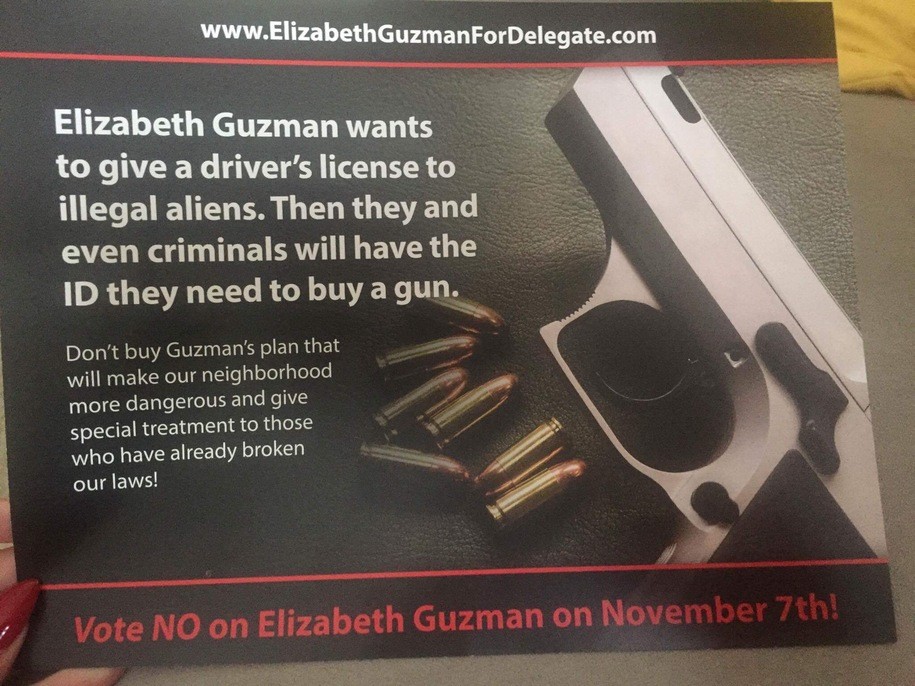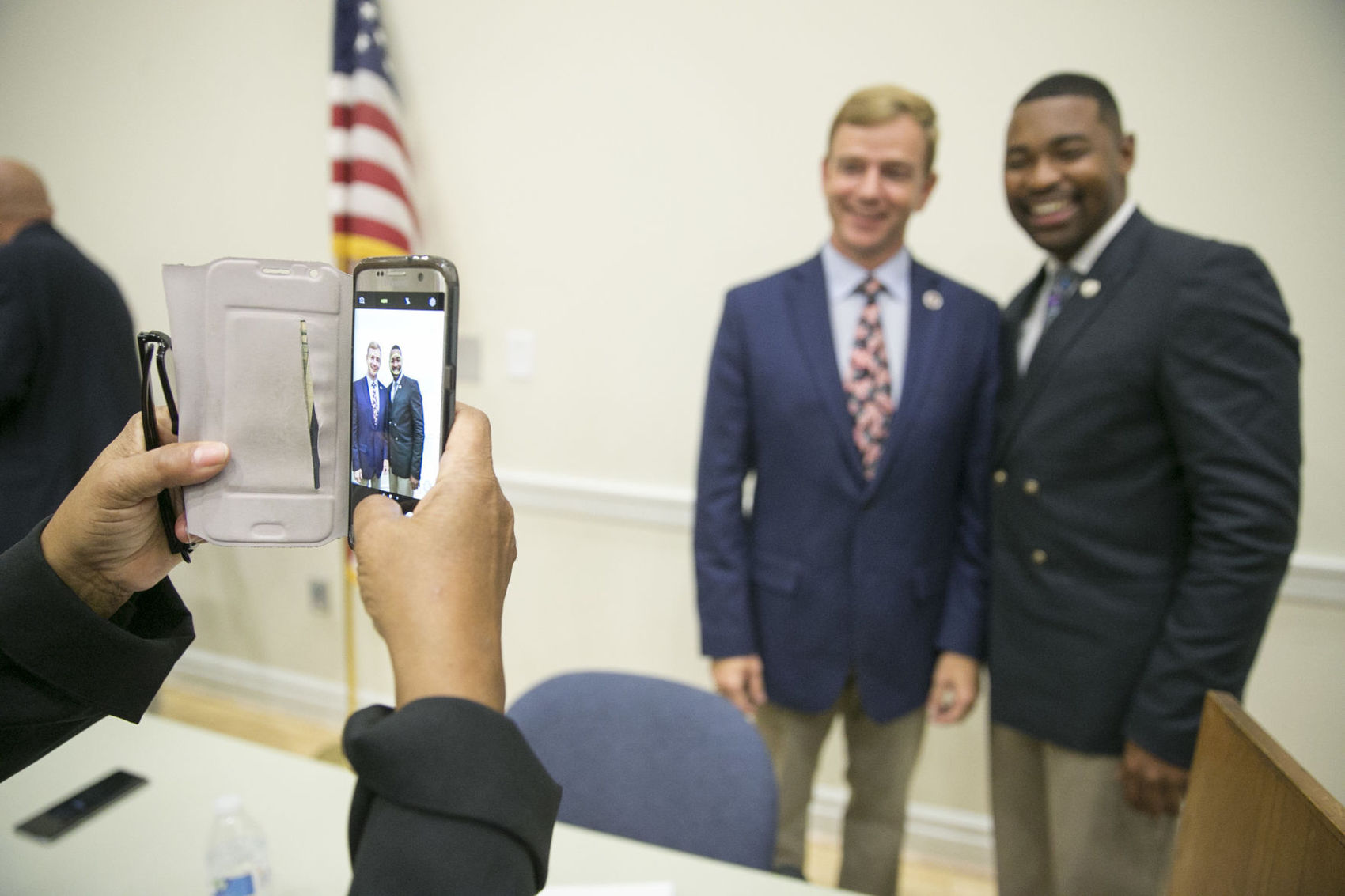When I learned earlier this week that House Republicans were set to weaken the Office of Congressional Ethics (OCE) by removing almost all of its independent investigatory powers, I was reminded once again of my favorite metaphor of all-time—that conflicts of interest are like alcohol. After having a few, everyone thinks they’re fine and are quick to remind others that their judgement hasn’t been impaired in the least.
The latest victim of this complete disconnect between how politicians and the public view corruption is Republican Congressman Bob Goodlatte of Virginia. With essentially no public debate whatsoever, he pushed his caucus to vote in favor of a new House rule that would have taken the complaint process out of the hands of independent overseers and placed it in the hands of the House Ethics Committee…which just happens to be run by the very members the complaints tend to be about.
It all died rather suddenly and surprisingly, a nice victory to start off a year where good governance will be on the line every day. But let’s take a moment to look at the precise logic Bob Goodlatte and his fellow Congressional Republicans were using before public spotlight and good old fashioned activism saved the day.
Goodlatte put out an editorial explaining why he supported the weakening of the rules. In his mind, the Office of Congressional Ethics places far too many burdens on members and staff, allowing for intrusive investigations to be launched by a relatively unaccountable body. As a result, according to Goodlatte, the investigations should have some amount of oversight from the very people being investigated:
An important principle of effective governance is that all parts of the federal government, whether found in the legislative, executive, or judicial branch, should be subject to proper oversight. That is why my amendment ensures that OCCR will be subject to oversight by the Committee on Ethics. This provision does not mean that the Committee on Ethics will be able to dictate outcomes or impede a properly conducted investigation, but rather that their budget, their rules and procedures, and their impact on House operations will be reviewed in the context of a fellow investigative body.
It’s easy to get lost in the doublespeak here, but basically, Goodlatte is arguing that Congressional members themselves should have much, much more say in how their own investigations are run. To be fair, nobody in any workplace likes to be investigated, and when anyone in the public can come forward with a complaint, it’s easy to imagine a “wild goose chase” where members or staffers feel like they’re not being adequately protected. But on the whole, this is weak logic, a losing argument, and certainly not how almost every voter in the country feels on the topic of ethics in Congress.
We’re fortunate that folks figured all of this out quickly and sounded the alarm. As someone who follows ethics very closely, I can honestly say I didn’t expect this kind of public outcry. It gives me hope.
That said, the larger debate on independent ethics investigations and the like hasn’t been resolved in the slightest. Every legislature I’ve ever come across is full of members who want to protect “due process” and “constitutional rights” whenever the idea of an independent body investigating them is brought up. I’m not exactly sure what constitutional right is being violated by investigating complaints about them, but they certainly feel like the process might be damaging to reputations or unfair at points. I try to be sympathetic about that.
That said, the alternative to a mildly annoying ethics oversight system is one where the members control it and there’s no real oversight at all. Either you have independence in investigations or you don’t. I have yet to discover a perfect middle ground there. Sure, you can add in protections or safeguards or rules or whatever, but the basic question any ethics system has to answer is this: who gets to decide?
Who gets to decide whether an investigation is pursued or not? Who gets to decide whether to refer the case to prosecutors or the police? Who gets to decide what resources are used and how public the proceedings are? Who gets to decide when an investigation is complete?
Again, the answer ultimately has to be either the members themselves (or those working for the members at their behest) or a more independent body. And the Republicans clearly prefer the first option. And not to bash these dedicated public servants, but the fact that they hate the OCE is probably a sign it’s doing its job. The OCE looks like it moves pretty quickly and thoroughly on investigations, while the House Ethics Committee itself (run by members of Congress) has a nasty habit of trying to run out the clock. In other words, the OCE seems like the model Congress should be building on.
It would be comforting to think of this just as a matter of basic Congressional corruption. We can all have a good laugh about Jack Abramoff or freezers full of cash. But I invite you to recall the tale of Mark Foley and former House Speaker Dennis Hastert, the latter of which is currently serving a prison sentence on charges related to trying to conceal payments to young men he sexually abused. Long story short, back in 2006, Dennis Hastert and his staff held off investigators looking into whether Republican Congressman Mark Foley had made sexual advances on Congressional pages. Hastert and his staff lied about what they knew and when they knew it, and to make matters horrifically worse, Hastert himself sexually abused children going back decades. Connect the dots as you see fit.
Those are the stakes here. This is not fiction. This is not hyperbole. If you don’t believe serious ethics reform was necessary after a House Speaker who was a child molester helped cover up for another child molester, I don’t know what to tell you.
Again, good ethics oversight is not about magically making people into angels. It’s about knowing that unethical behavior will be investigated and properly adjudicated. It doesn’t stop drunk driving, it just makes sure drunk drivers get pulled over and taken off the road.
There are real consequences to a lack of ethics oversight. That so many members of Congress are intent on wrapping their cars around a tree is precisely why abundant public pressure is needed to help them avoid a far worse fate for the rest of us.
















